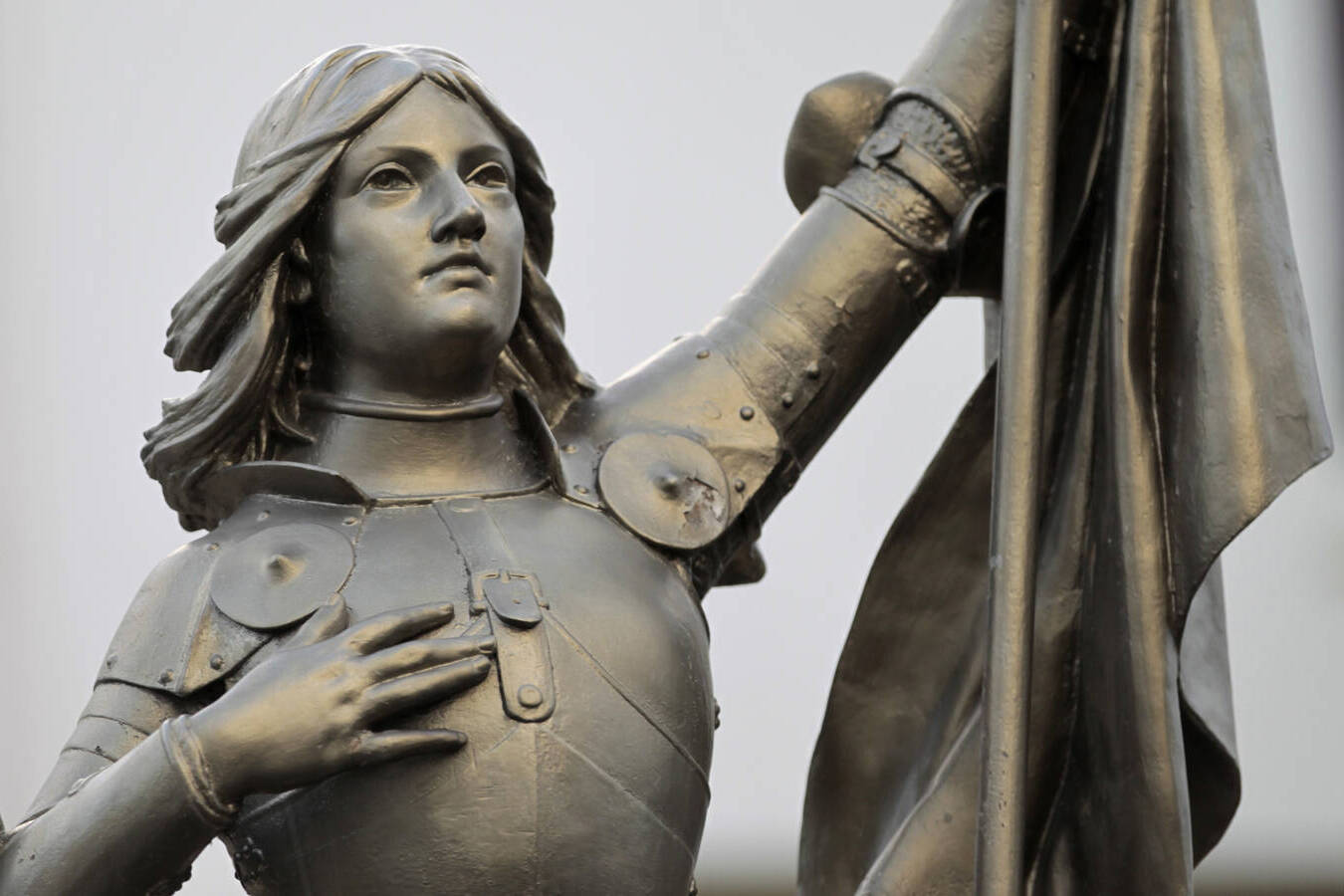
Who was Joan of Arc? Joan of Arc, also known as the "Maid of Orléans," was a peasant girl who became a national heroine of France. Born in 1412, she claimed to have received visions from saints instructing her to support Charles VII and recover France from English domination during the Hundred Years' War. Her bravery and leadership in battle led to several important victories, boosting French morale. Captured by the English, she was tried for heresy and burned at the stake in 1431. Joan's legacy endures as a symbol of courage, faith, and patriotism. Her life and deeds continue to inspire countless stories, films, and scholarly works.
Early Life and Background
Joan of Arc, a name that resonates through history, was a young peasant girl who rose to prominence during a turbulent period in France. Her journey from obscurity to becoming a national heroine is filled with fascinating details.
- Joan of Arc was born around 1412 in Domrémy, a small village in northeastern France.
- Her parents, Jacques d'Arc and Isabelle Romée, were modest farmers.
- Joan never learned to read or write, but she was known for her piety and devotion to the Catholic Church.
- At the age of 13, she began hearing voices, which she believed were saints instructing her to support Charles VII and help drive the English out of France.
Military Campaigns and Leadership
Despite her humble beginnings, Joan's unwavering faith and determination led her to play a crucial role in the Hundred Years' War. Her military campaigns are legendary.
- In 1429, Joan convinced Charles VII to allow her to lead an army to the besieged city of Orléans.
- She wore men's clothing and armor to blend in with the soldiers and maintain her modesty.
- Joan's presence and leadership boosted the morale of the French troops, leading to the successful lifting of the siege of Orléans.
- Following this victory, she led several other successful campaigns, including the Battle of Patay.
Captivity and Trial
Joan's meteoric rise was followed by a tragic fall. Her capture and trial are among the most dramatic episodes in her life.
- In May 1430, Joan was captured by the Burgundians, allies of the English, during the siege of Compiègne.
- She was sold to the English and imprisoned in Rouen.
- Joan was put on trial for charges including heresy, witchcraft, and cross-dressing.
- The trial was heavily biased, with many of the judges being pro-English clergy.
Martyrdom and Legacy
Joan's death did not mark the end of her influence. Her legacy continued to grow, and she became a symbol of French unity and nationalism.
- On May 30, 1431, Joan was burned at the stake in Rouen at the age of 19.
- Her last words were reportedly "Jesus, Jesus, Jesus."
- Twenty-five years after her death, a retrial ordered by Pope Callixtus III cleared her of all charges and declared her a martyr.
- Joan of Arc was canonized as a saint by the Roman Catholic Church in 1920.
Cultural Impact and Recognition
Joan of Arc's story has inspired countless works of art, literature, and film. Her cultural impact is undeniable.
- William Shakespeare referenced Joan in his play "Henry VI, Part 1."
- Mark Twain wrote a novel about her titled "Personal Recollections of Joan of Arc."
- Numerous films have been made about her life, including the 1928 silent film "The Passion of Joan of Arc."
- Joan of Arc remains a national symbol of France, representing courage, faith, and patriotism.
Modern-Day Commemorations
Joan's legacy is celebrated in various ways around the world, ensuring that her story continues to inspire future generations.
Joan of Arc's Legacy
Joan of Arc's life and deeds continue to inspire. Her courage and faith led her to become a symbol of resilience and determination. Despite her tragic end, her story remains a powerful testament to the strength of conviction. Joan's impact on history is undeniable, influencing not only France but the world. Her canonization as a saint solidified her place in both religious and secular history.
Her legacy lives on in literature, art, and popular culture, reminding us of the power of belief and the importance of standing up for one's principles. Joan's journey from a peasant girl to a national heroine shows that anyone can make a difference. Her story encourages us to face challenges head-on and to fight for what we believe in. Joan of Arc's life is a timeless reminder of the human spirit's potential.
Was this page helpful?
Our commitment to delivering trustworthy and engaging content is at the heart of what we do. Each fact on our site is contributed by real users like you, bringing a wealth of diverse insights and information. To ensure the highest standards of accuracy and reliability, our dedicated editors meticulously review each submission. This process guarantees that the facts we share are not only fascinating but also credible. Trust in our commitment to quality and authenticity as you explore and learn with us.


